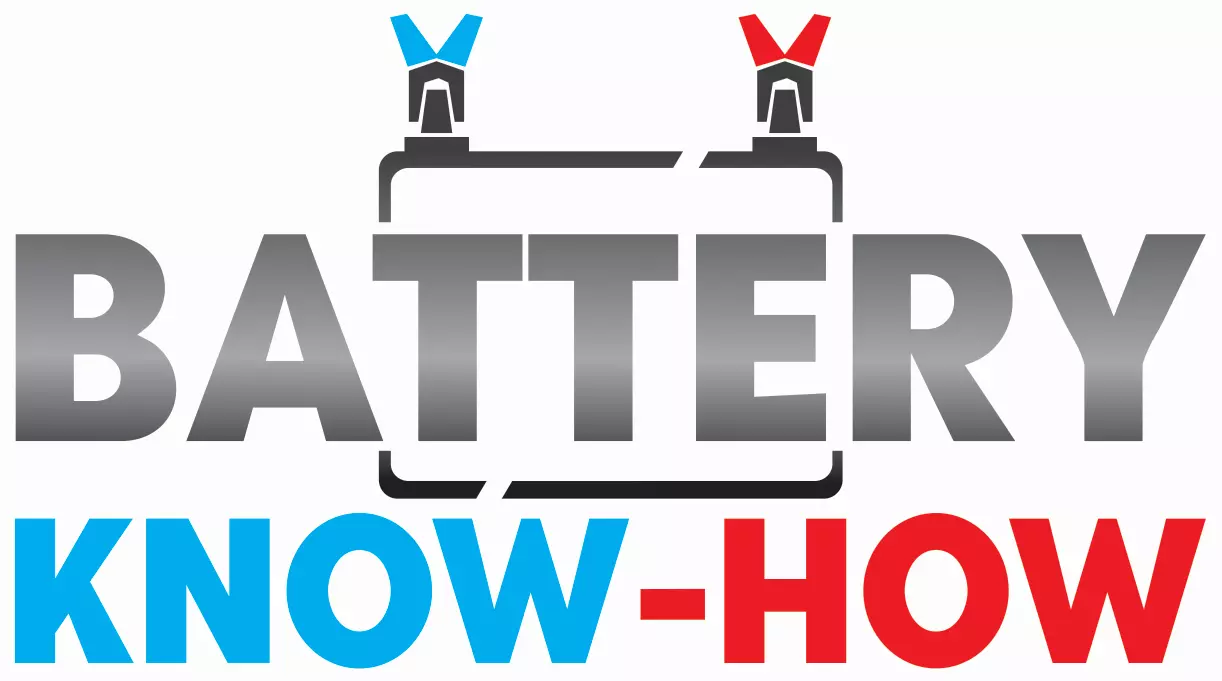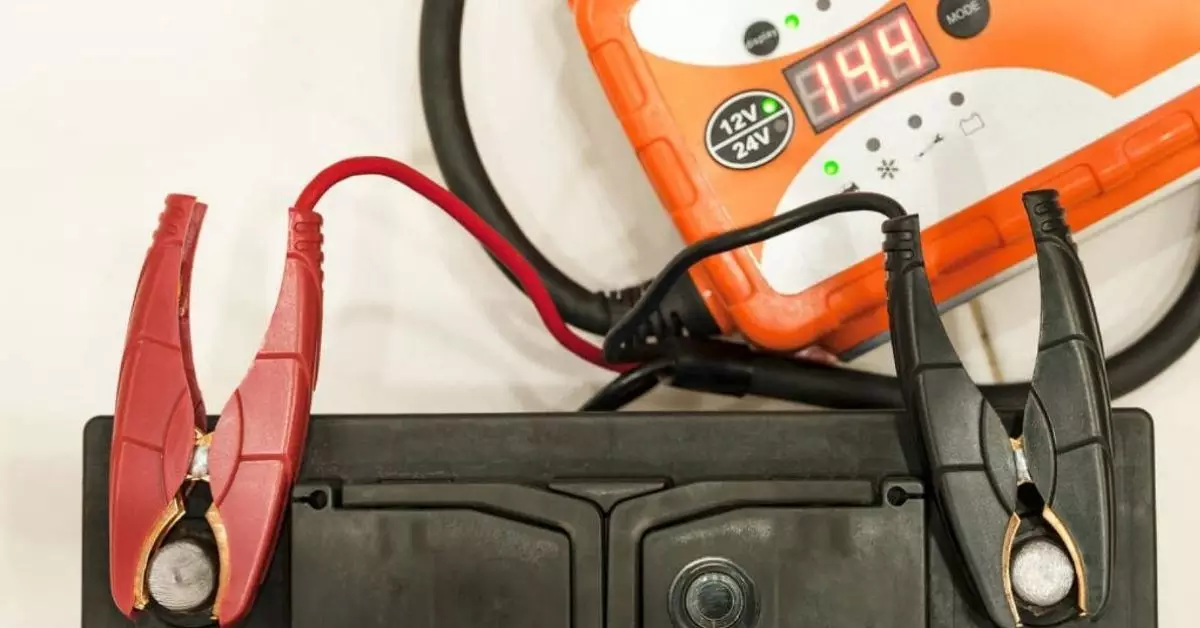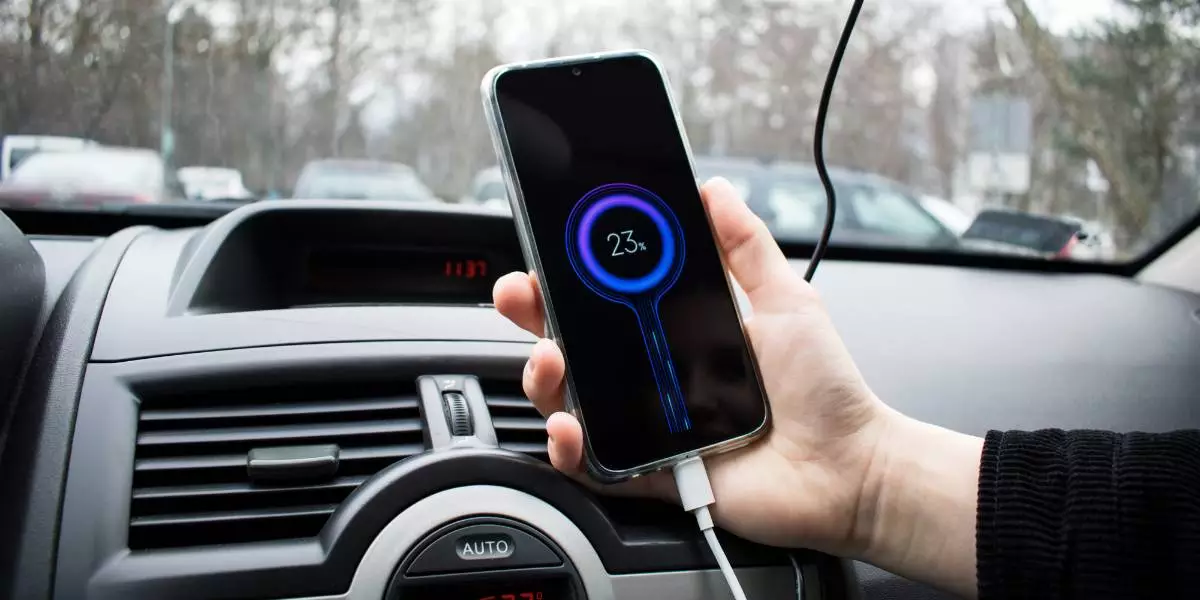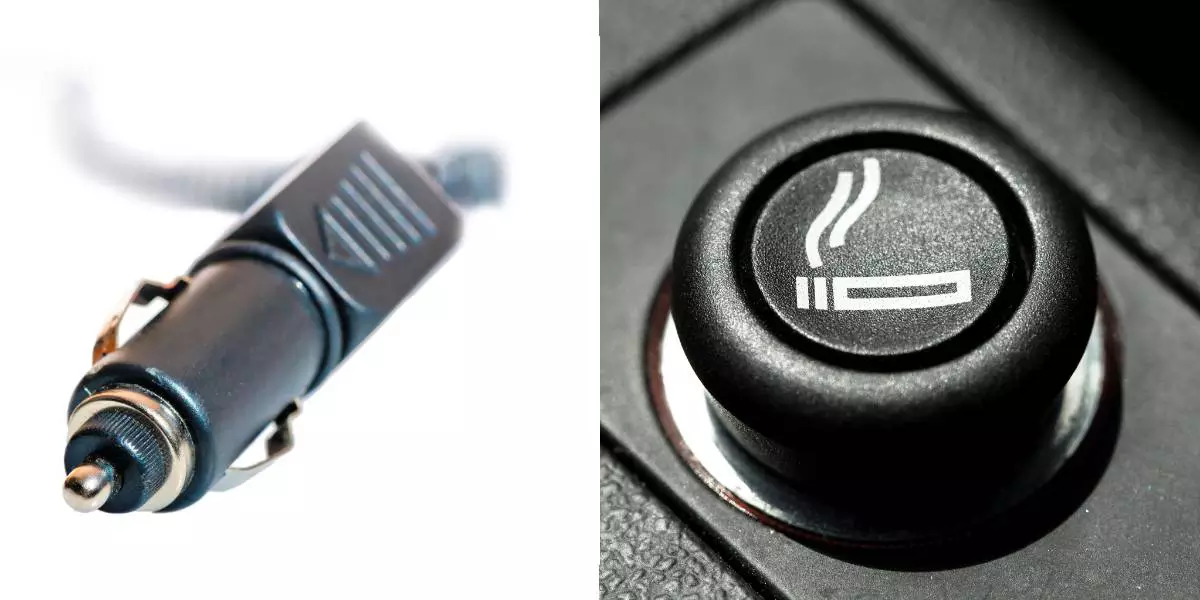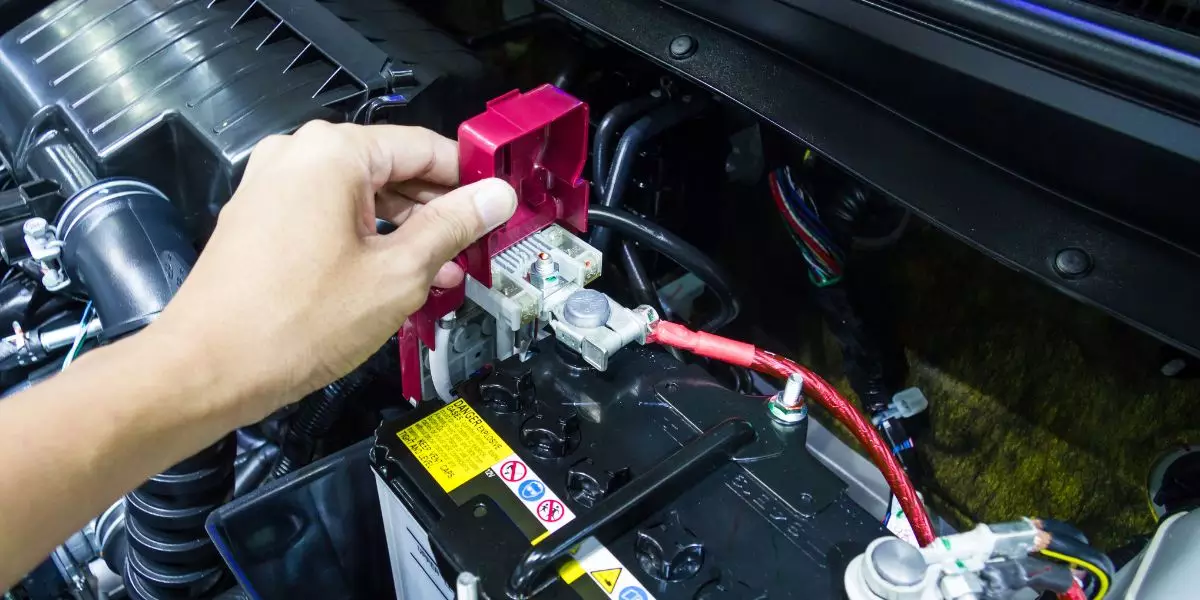A lot of people wonder whether it is possible to overcharge a 12V battery. In fact, for many, it has been such a worry that a lot of myths about battery recharging have started to spread. On this page, we want to share only the facts with you. We want to bust those myths.
So, first things first, can you overcharge a 12-volt battery? The answer is yes. However, overcharging a battery is nowhere near as common as you may think. In fact, overcharging a battery is only likely to happen due to using incorrect charging equipment or negligence.
Let us explain this in a little bit more depth.
Can You Overcharge a 12 Volt Battery?
You absolutely can overcharge a 12-volt battery. However, the problem is nowhere near as common as you may have been told.
In the past, it was dead simple to overcharge a battery. We didn’t have all the battery tech that we have nowadays. We had nothing that would moderate the amount of voltage flowing into a battery. This meant that batteries left on the charger would be constantly hammered with a high current. This was not good for the battery, and you would often need to keep an eye on the battery and regularly check the voltage to prevent overcharging.
Nowadays, unless something goes seriously wrong, you cannot overcharge a 12-volt battery. By this we mean:
- You are using a trickle charger and not keeping tabs on the battery
- The battery is in your car and the alternator is broken. We will talk more about that part in a second.
- You have a faulty battery charger.
For the most part, modern battery chargers are intelligent enough to stop sending a charge to a battery once it is full. However, do bear in mind that even though you won’t be overcharging your battery, you will be reducing the lifespan of your battery. This is because batteries only have a limited number of charge cycles in them. When you leave a battery plugged into a charger, the amount of charge it has will drop temporarily. The charger will then instantly replenish this, eating away at the charge cycles for the battery.
The last part probably isn’t something that you need to worry about too much. Modern battery technology is good enough that a loss of a few charge cycles is not a major issue.
What Happens If a 12-Volt Battery Is Overcharged?
As we just said, the chances of you being able to overcharge a 12-volt battery are incredibly slim. However, it is not impossible. So, what happens if a battery does get overcharged?
Well, as a battery overcharges, it will get hotter. As a battery gets hotter, it can start to expand and warp. In some cases, if the battery gets too hot, then there is a chance that it could explode. Obviously, you don’t need us to tell you just how bad an exploding battery can be, particularly if it is inside of your vehicle.
Remember, a hot battery inside a vehicle isn’t just going to be impacting the vehicle. It is going to be impacting everything inside of that vehicle too. This means that you are going to be dealing with components that are overheating.
If that wasn’t enough, most car batteries are sealed lead-acid batteries. When you overcharge, the acid inside is going to start to evaporate. This means that the battery life is going to be drastically shortened. Your battery will barely be able to hold a charge. Even if you do not notice any heat coming from the battery or a bulging battery, we can promise you that a sealed lead-acid battery that is constantly overcharged will just stop working, often sooner as opposed to later.
How To Tell If a Battery Is Overcharged
We are going to bust another myth for you here!
Contrary to popular belief, a 12-volt battery that is fully charged should not be giving you a 12-volt readout on a multimeter. It should be around the 12.6-volt mark when the battery is idle. If it is anything less than this and you believe that the battery is fully charged, then your battery is dying. It has a low capacity.
When the battery is actually being put under a bit of strain, then it should be outputting 15-volts. Again, anything less than this, and it means that your battery isn’t fully charged.
We want to bust that myth because we know that there are some people that will go to their 12V battery, get a 14V readout and believe that their battery is overcharged. This isn’t the case.
In order to test the voltage of a battery, you will need to get your hands on a multimeter. This is a small device that can read the output. You just touch the battery terminals with the various probes that you get with the multimeter and it will give you a read-out. Of course, make sure that you read the instructions for the multimeter so you know that you are reading the correct information.
If the reading on the multimeter goes above 14.8-Volts as an average, then you know that you are dealing with an overcharged battery. You will need to get to the bottom of this problem.
How Do You Stop a 12-Volt Battery Becoming Overcharged?
As we said, in most cases, you won’t need to do anything. Tech nowadays means that battery overcharging barely ever happens.
If you do have to recharge a 12-Volt battery outside of your vehicle, then we suggest that you get your hands on a smart battery charger. Most modern battery chargers will fall into that category.
We also suggest that you set the charger to the lowest output voltage possible. This will allow you to trickle charge. As long as the charger is outputting more than 2-volts, it is going to be able to charge that battery for you, albeit slowly.
If you are trickle charging, then we also suggest that you regularly check the battery voltage. This will help to prevent any overcharging on that front. As we said, most issues with batteries becoming overcharged are due to trickle chargers being left on a little bit too long.
If the battery is in your vehicle and it is being overcharged, then it is an issue with the alternator in your vehicle. This is a small component that regulates the amount of voltage being sent to that battery. If that is broken, then the battery becomes overloaded. Do not drive a vehicle if this happens. You will be running the risk of your battery breaking (and this means a potential explosion!). Instead, head to a mechanic so they will be able to check and fix the problem.
Conclusion
Nowadays, it is rare to overcharge a 12-volt battery. It was a much more common issue a couple of decades ago. However, this doesn’t mean that overcharging is impossible. It can still happen.
If you suspect that a battery is being overcharged, then check it with a multimeter. If the voltage reads more than 14.8-Volts, there is an issue somewhere and you need to get to the bottom of it. Do not use a battery that is overcharged.
